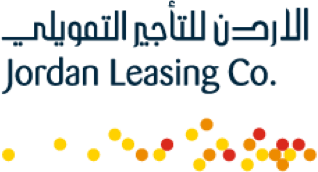Financial leasing is a type of financing whereby the leasing company (the lessor) purchases an asset on behalf of the client (the lessee) against rentals paid to the lessor. The lessor retains ownership of the asset, but the lessee enjoys the exclusive right to use it throughout the lease period. Ownership of the asset may be automatically transferred to the lessee at the end of the contract or against a balloon amount. The lessee sometimes have the option of buying the asset before the end of the lease term. The lease contract can be renewed with new conditions.
Financial leasing provides enterprises with the machinery and equipment without the need for huge capital investment; they only have to budget for the monthly installments. Individuals can also own real estate, including flats and land - under Ijarah contract.
Why Financial Leasing:
- Financial leasing is an Islamic financing tool that allows for financing all fixed asset types without a ceiling and against a minimum required collateral; the main collateral being the asset itself.
- Financing of up to 100% of the purchase price of the asset.
- Lease installments that match the projected cash flows from the use of the leased asset, and repayment flexibility.
- Lease term generally equals the projected economic life of the asset. Contract can be renewed before or at the end of the lease term for upgrade purposes.
- Risks associated with owning the asset lies with the lessor, not the lessee.
- Efficient procedures.
- Expenses related to the asset, i.e. maintenance, insurance, etc. can be incorporated as a fixed amount into the rental payments, eliminating the stress and responsibility associated with these expenses.
- The customer has the option of purchasing or returning the leased asset to the lessor at the end of the lease contract, regardless of the original purchase price of the asset.
- Transfer of leasing contract from one lessee to another during or after the end of the contract without title transfer fees.
- Fleet management services – in case of vehicle leasing.



